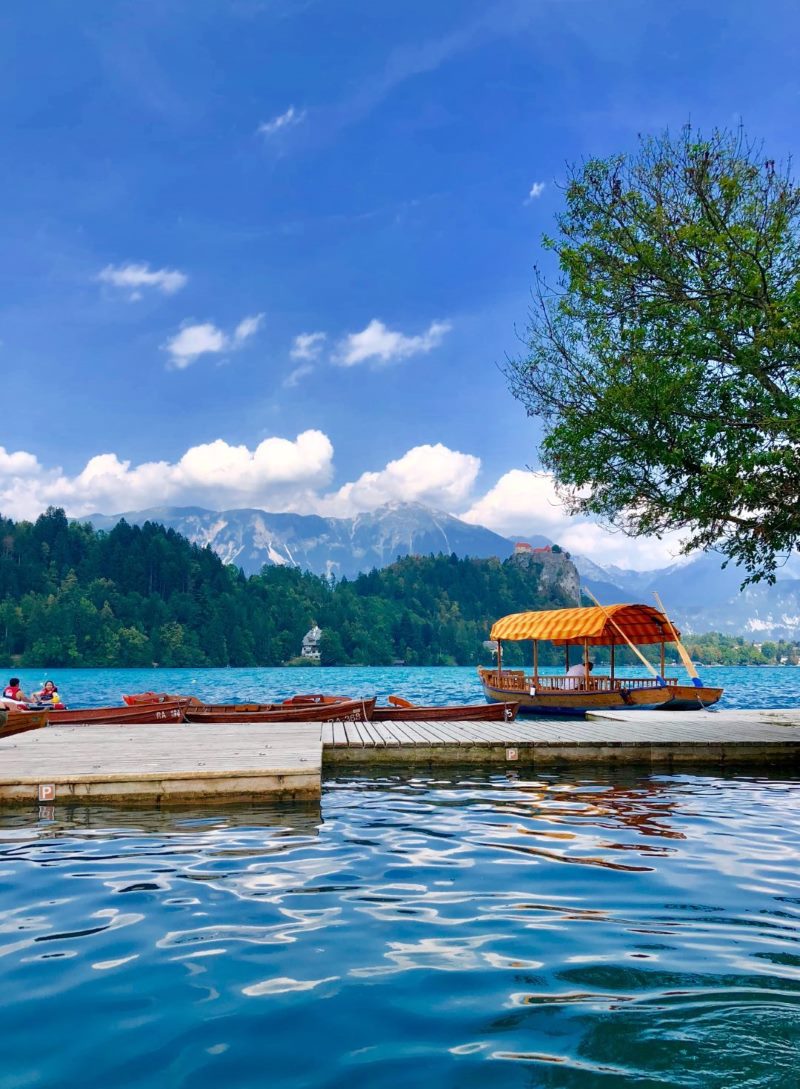Is it Safe to Visit Gwangju?
Gwangju is a metropolitan city located in the southern region of South Korea. Known for its rich cultural heritage, delicious cuisine, and beautiful parks, Gwangju has become a popular tourist destination over the years. However, safety concerns are always an important consideration for anyone planning a trip to a new city. In this blog post, we will discuss the safety aspects of visiting Gwangju and provide valuable insights for travelers.
Crime Rate in Gwangju
According to the latest statistics from Numbeo, the overall crime rate in Gwangju is lower than the national average, making it a relatively safe city to visit. However, like any other city, it is important to stay vigilant and take necessary precautions to avoid becoming a victim of crime.
One common form of crime in Gwangju is petty theft. Tourists should be careful with their belongings, especially in public places like markets, train stations, and other crowded areas. Pickpocketing is a common occurrence in these areas, and tourists are advised to keep their wallets and phones in their front pockets or bags.
Violent crimes are relatively rare in Gwangju, and visitors are unlikely to be exposed to such situations. However, it is essential to note that being mindful of your surroundings is always a good practice, and it’s safer to avoid going to unfamiliar areas late at night.
Natural Disasters in Gwangju
Gwangju is located in a region prone to natural disasters such as typhoons, earthquakes, and heavy rainfall. However, the city is well-prepared to handle such situations, and the infrastructure is strong enough to withstand natural calamities.
The Korea Meteorological Administration provides guidelines on what to do in case of common natural disasters like heavy rainfall, typhoons, earthquakes, and cold wave warnings. Tourists are advised to familiarize themselves with these guidelines and follow them in case of an emergency.
Public Transport in Gwangju
Public transport is an important aspect to consider for anyone planning a trip to a new city. In Gwangju, the main public transportation options are buses and the metro. These modes of transportation are well-maintained, frequent, and affordable.
Crime on public transport is rare in Gwangju. However, tourists should still take necessary precautions like keeping their belongings close to them and being alert of their surroundings while traveling on public transport.
Conclusion
Gwangju is a relatively safe and friendly city to visit for tourists. The crime rate is lower than the national average, and it is well-prepared to handle natural disasters. Tourists should take necessary precautions like keeping their belongings safe and familiarizing themselves with emergency guidelines. With its rich history, unique cuisine, and beautiful parks, Gwangju is definitely worth a visit for anyone interested in exploring the South Korean culture.
We hope you found this blog post helpful. Safe travels!
An Insider’s Guide to Visiting Gwangju: The Cultural Center of South Korea
Gwangju, a city located in the southwestern region of South Korea, is known for its rich cultural history, modern architecture, delicious cuisine, and beautiful scenery. However, the question of whether it is safe to visit Gwangju may arise in the minds of some tourists. Rest assured, Gwangju is considered a safe and welcoming destination that offers visitors an authentic glimpse into South Korean culture. In this guide, we will explore the best attractions, dining spots, cultural experiences, local history, and off-the-beaten-path suggestions for tourists visiting Gwangju.
Attractions and Activities
One of the must-visit attractions in Gwangju is the 5.18 Memorial Park, dedicated to the victims of the 1980 Gwangju Uprising. The park offers a somber yet enlightening glimpse into an important event in South Korean history. Another popular destination is the Asia Culture Center, which houses various exhibitions on traditional and contemporary Asian art and music. Visitors can also take a day trip to Mudeungsan National Park, known for its scenic hiking trails and stunning views.
Cuisine
Gwangju is famous for its delicious cuisine, and visitors can try a variety of traditional dishes. Some of the must-try dishes include bibimbap, a rice bowl with mixed vegetables, meat, and sauce; gwamegi, a dried fish snack; and sannakji, live octopus that is sliced and served raw. For a more modern dining experience, visitors can check out the Gwangju Asian Culture Complex, which houses various restaurants serving both Korean and international cuisine.
Cultural Experiences
Gwangju is known for its cultural festivals, such as the Gwangju Biennale, a contemporary art exhibition; the World Culture Open, an event that celebrates diversity through music, dance, and food; and the Gwangju Kimchi Festival, which provides visitors with an opportunity to learn about the history of kimchi and participate in making it. Visitors can also immerse themselves in Korean culture by taking part in a traditional tea ceremony or trying on a hanbok, a traditional Korean dress.
Local History
Gwangju played a significant role in South Korean history. The city is known for the 1980 Gwangju Uprising, where students led a democratic protest against the military dictatorship. Visitors can learn more about the Uprising at the 5.18 Memorial Park and the May 18th National Cemetery, dedicated to those who lost their lives during the protest. The Gwangju Folk Museum offers a glimpse into the region’s traditional way of life, including farming tools, clothing, and crafts.
Off-the-Beaten-Path Suggestions
For visitors who want to explore beyond the traditional tourist destinations, Gwangju offers some unique experiences. One such experience is visiting the Gwangju Prison, once a notorious prison that held political prisoners during the military dictatorship era. The prison now serves as a museum that offers a glimpse into the country’s dark past. Visitors can also explore the Gwangju Traditional Market, where they can find traditional Korean snacks, clothing, and handicrafts.
In conclusion, Gwangju, South Korea, is a must-visit destination for anyone interested in experiencing the rich culture and history of the country. From traditional cuisine to cultural experiences and off-the-beaten-path destinations, Gwangju has something for everyone.
Table of Contents

